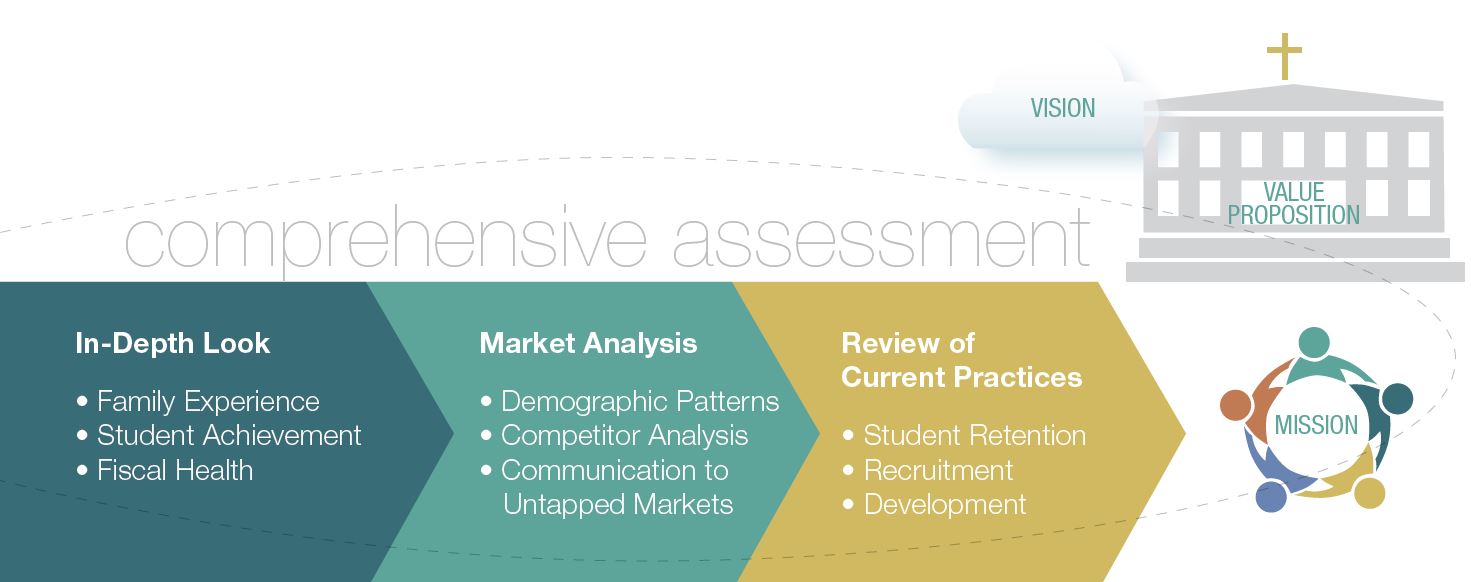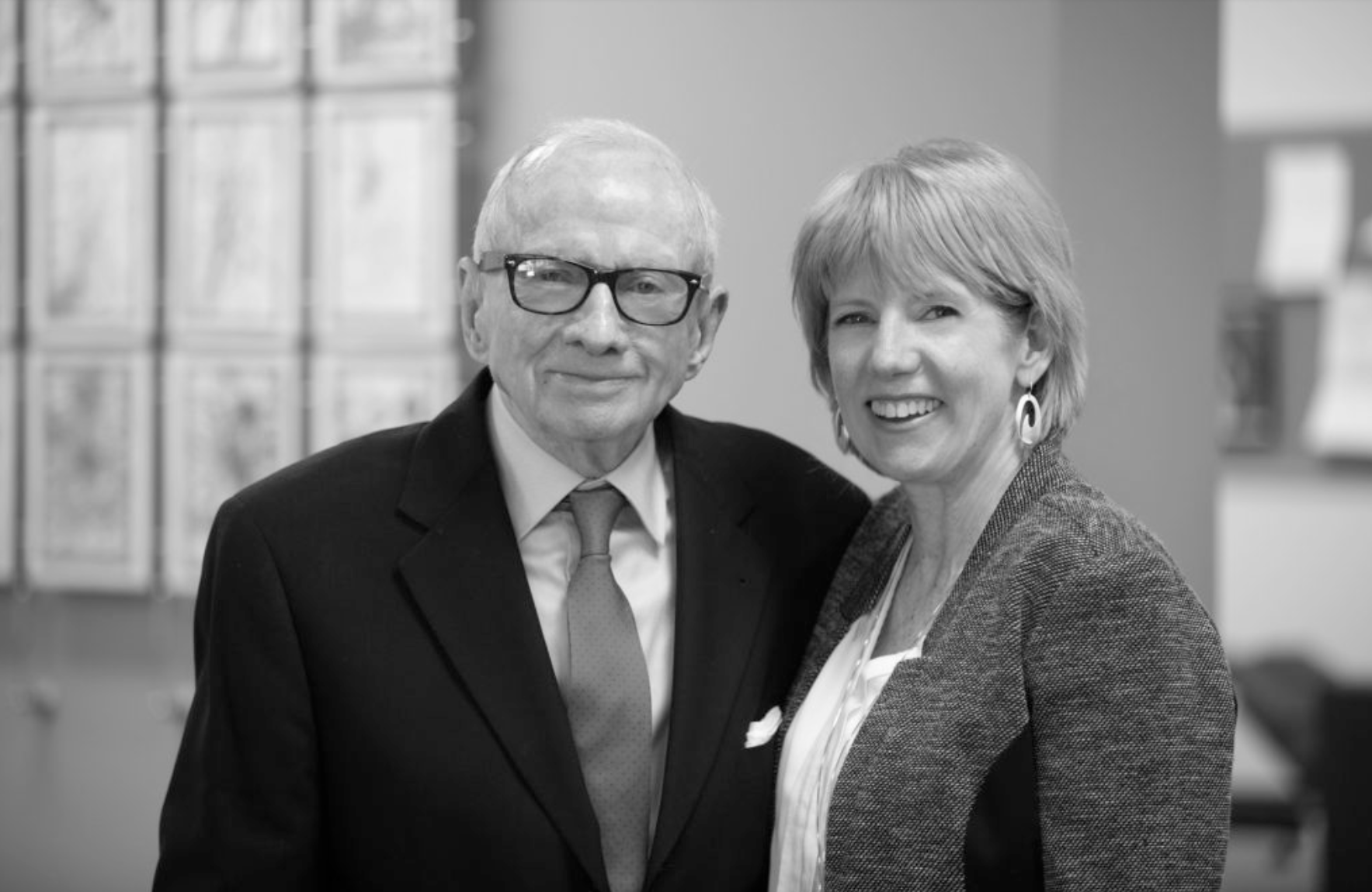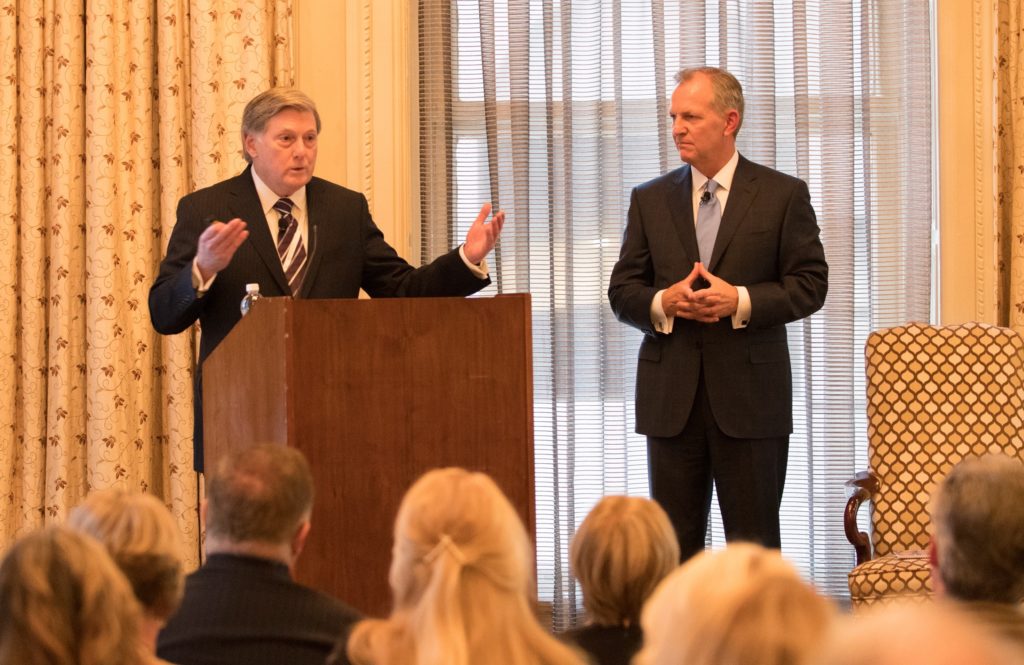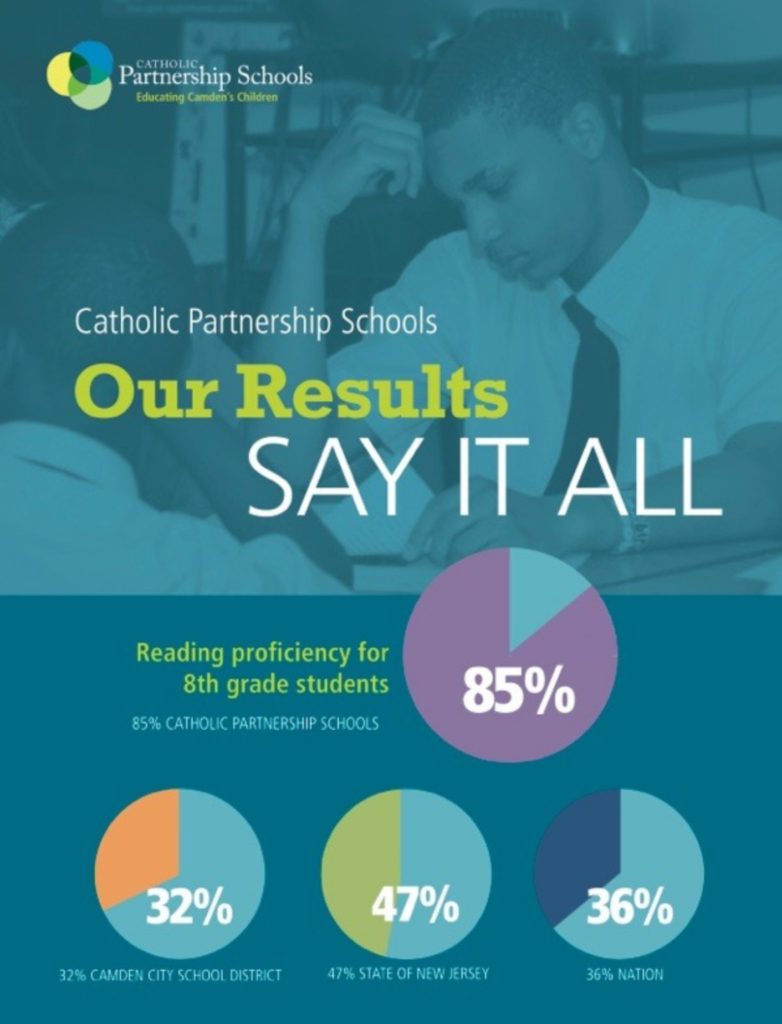Healey Education Foundation to Launch Program for Catholic School Boards
Healey Education Foundation, a 501(c)(3) nonprofit, has announced plans to develop and re-introduce a program for building and training Boards of Specified Jurisdiction, a core component of its business approach to Catholic school sustainability. This venture marks a pivotal transition in the nonprofit’s 15-year history.
“In our hands-on work with Catholic schools during the past 15 years, we’ve experienced that those with well-trained boards excel over time,” said Christine L. Healey, President, Healey Education Foundation. “Empowering lay boards to drive the strategic direction and place resources in the hands of talented principal leaders has always been emphasized in our approach. This now will become our focus. We will continue to collaborate with the many supporters of PK-12 Catholic schools nationwide, including our alumni schools, to ensure that excellence propels schools forward toward owning their own futures.”
The Foundation’s investment in a more comprehensive learning and mentoring network for Catholic school governance and board development will replace the prior advancement methodology that relied heavily on hands-on training for the school’s Advancement Director. The Foundation will now work with each school’s Principal to develop a position description, recruit, and hire a senior-level Director of Advancement & Admission capable of leading enrollment management and development without extensive training.
Schools will receive coaching and training on Boards of Specified Jurisdiction start-ups, development and research-based goal setting. Healey will also work with the Principal and Director of Advancement & Admission in relationship to the board and its committee functions, including support of the overall strategic direction of the school.

A research-based Comprehensive Assessment conducted by the Healey Education Foundation will inform the start-up board in establishing the school’s value proposition and strategic direction. Moving forward, each board committee will have a clear and concise charge (finance, development, enrollment, facilities, executive and board governance/membership) and will set priorities based on the most pressing needs of the school.
Boards of Specified Jurisdiction

Robert T. Healey Sr., Founder, and Christine L. Healey, President, Healey Education Foundation
Of the 85 schools the Foundation has collaborated with across seven dioceses in Delaware, Maryland, Massachusetts, Minnesota, New Jersey and Pennsylvania, 60 have active Boards of Specified Jurisdiction.
In recent years working with schools, the Foundation has found that many have the support of diocesan central offices and other funders in building out their development and enrollment management programs. Also, many schools have begun to hire their own advancement staff, a process that – when the Foundation began this work – was a novel and untested idea. But building strong lay-empowered boards has been an offering uniquely provided by the Healey Education Foundation. With focus on this key business approach to Catholic school sustainability, the Foundation expects even greater long-term results and impact.

In its first year, the board of Community of Saints Regional Catholic School (West St. Paul, MN), a school on a campus without an operating parish, secured a new 20-year lease for the facility and financing for a $300K boiler replacement project. Through its development committee, the board also launched both a Loyalty Circle and planned giving initiative. More recently, the board chair shared her talents in web development in working with the marketing committee to build a new website for the school. One board member also made a major gift of 25% toward a newly approved capital campaign.
This new focus for the Foundation will serve a great need for schools facing increasing competition for enrollment amidst a Catholic Church in crisis and a dense education marketplace. Boards of Specified Jurisdiction, which the Foundation espouses, are not just advisory boards. They have official authority and entrust the laity with decision making, policy making and financial accountability. (See overview.)
“These boards offer a stark contrast to the days when members listened and discussed but stopped short of implementing real change,” said Christine Healey. “They lead a data-driven culture of accountability with a focus on collaboration and outcomes.”
Boards of Specified Jurisdiction have a bias for action to advance the mission of the school. In a typical scenario for Healey partner schools, the mature board consists of 15 to 21 voting members with board-elected officers: chair, vice chair and secretary.

At the 2017 Healey SAGE symposium, James V. Morris, Chair (right), and James K. Paul, Vice Chair, of the Board of Specified Jurisdiction for Our Lady of Mercy Regional Catholic School (Maple Glen, PA) presented on Connecting Mission and Vision and the school’s approach to change. The school was awarded a 2018 National Blue Ribbon.
The board identifies issues for the committees and allows work to be done in committee and brought back to the board. This enables the most effective and efficient use of members’ time and talents. Board committees have a clear and concise charge (executive and board governance/membership, finance, development, enrollment, facilities) and work with the school leadership to set and achieve goals. Each has a chairperson, who reports progress and next steps to the board.
Centralized Model and Urban Schools
The Healey Education Foundation will also continue its role in defining and supporting governance structures required for sustaining Catholic schools in urban areas, including through a continued grant to the Catholic Partnership Schools in Camden, NJ. As board chair of the Partnership, Christine Healey has played a direct role in implementing a centralized model for Catholic school sustainability.

Co-founded by the Healey Education Foundation, the Catholic Partnership Schools is a dynamic, post-parochial model of urban Catholic K-8 education. The Foundation will continue to support the Partnership through board participation and an annual grant.
In this model, a network of schools is administered by a single non-profit entity that centralizes financial, academic and operational management and oversight. An executive team manages admissions, development and student-centered enrichment programs for the network.
Transition
During the next year of transition, Healey will continue to support current partner schools under agreement in implementing the Advancement Methodology, encompassing enrollment management and development as well as governance.
The new program will be launched in the Archdiocese of Saint Paul and Minneapolis, via the Foundation’s collaboration with GHR Foundation and the Catholic Community Foundation, and in the Archdiocese of Boston. Additionally, alumni schools will be invited to participate in the learning and mentoring network.
Healey Education Foundation, a 501(c)(3) nonprofit, invests in PK-12 Catholic schools. Robert T. Healey Sr. established the Foundation in 2004 to bring sound business principles to the challenges of revitalizing Catholic schools. Since then, the Foundation has grown to serve 85 elementary and high schools across seven dioceses in Delaware, Maryland, Massachusetts, Minnesota, New Jersey and Pennsylvania. Healey’s work For the Future of Catholic Schools enables them to deliver sustainable results through effective governance and lay-empowered boards. The Foundation also co-founded and continues to support the Catholic Partnership Schools in Camden, NJ, through board participation and an annual grant.
